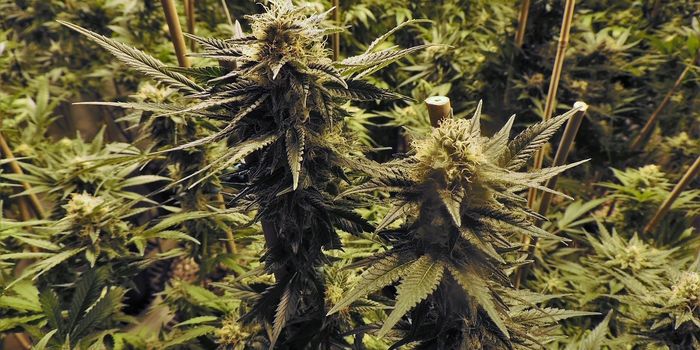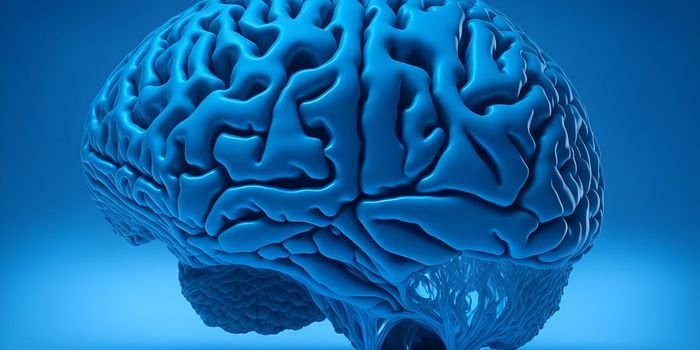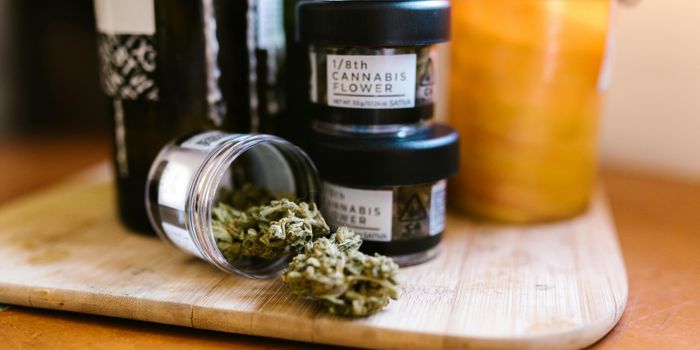Sense of Smell Helps Mandrills Prevent Spread of Parasites
It turns out that mandrills, a type of Old World monkey, behave similarly to humans in that they try to avoid sick friends whenever possible to avoid the transmission of infections and diseases.
While it may be more obvious for humans to tell when our friends are sick because they exhibit symptoms like cough and runny nose, mandrills use another method to detect if their loved ones are ill; they use the sense of smell to examine the member’s most recent defecation sample for signs.
Image Credit: Mhy/Pixabay
According to a study published in the journal Science Advances, it seems that mandrills can detect when a member has a parasite infection by simply sniffing their poop, as it seems to have an effect on its chemical composition and odor.
Interestingly, just as humans would try to refrain from kissing sick significant others and touching stuff after sick people touch it to avoid the spread of the illness, mandrills behave similarly by refraining from grooming members that appear to be positive for parasitic infections.
At least until it goes away, that is…
Related: Both dogs and monkeys have an innate sense of morality
To carry out the study, researchers followed a group of about 25 mandrills in Southern Gabon for approximately two-and-a-half years, collecting fecal samples along the way and observing as mandrills who tested positive for parasites were groomed far less often by other members than those who tested negative for parasites.
Interestingly, the team treated 16 mandrills who tested positive for parasites with medicines in order to do away with the parasites. Doing so reportedly made enough of a change in their fecal odors that members of the group would begin grooming them again when the infection cleared up.
This behavior certainly seems to be an evolutionary advantage to keep as much of the group safe from potentially harmful parasites as possible; a necessary step for primitive survival. None of the animals in the mandrill group want to fall ill, but to see social behavior change as a result of the apparent infection in a species besides humans is intriguing to say the least.
Source: The Verge









